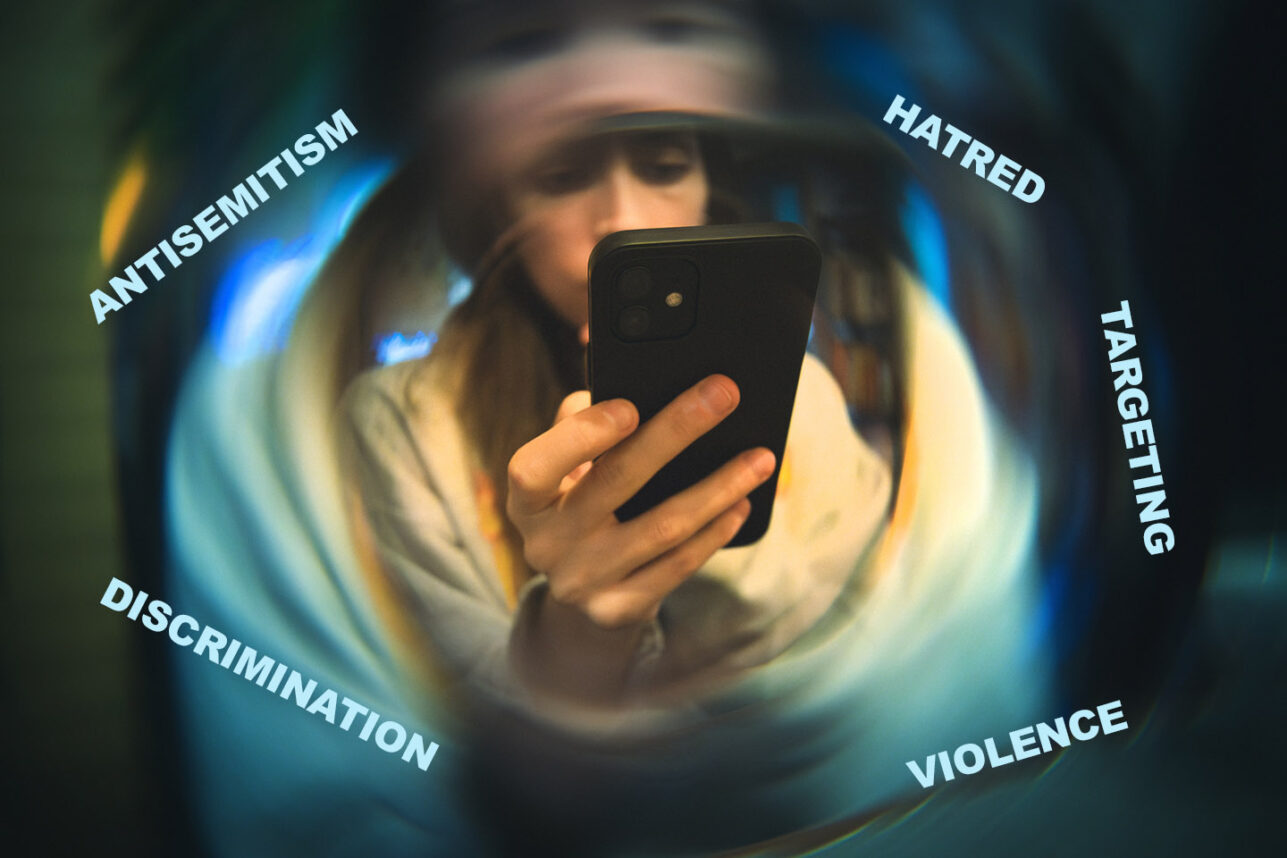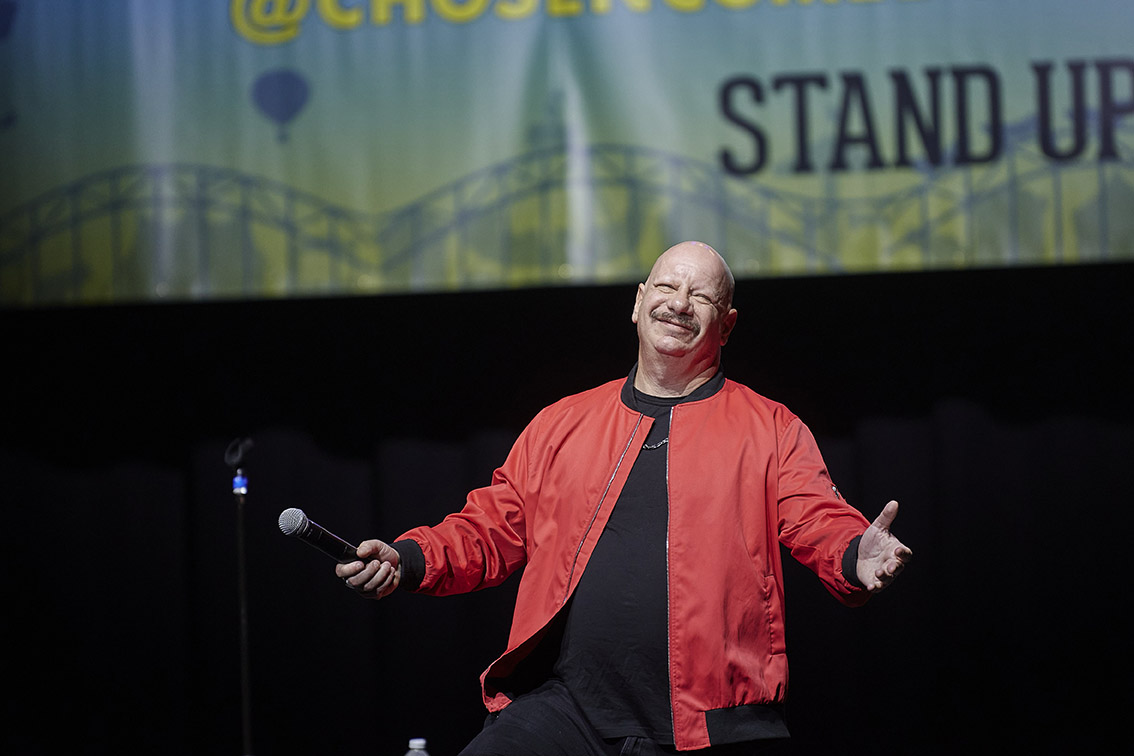Shifting Gears
"It\’s not someone else\’s problem. It\’s our problem." The problem Devorah Shubowitz is talking about: poverty.
"It\’s not someone else\’s problem. It\’s our problem." The problem Devorah Shubowitz is talking about: poverty.
"It\’s not someone else\’s problem. It\’s our problem." The problem Devorah Shubowitz is talking about: poverty.
It takes a visit to Argentina to understand just how bad this crisis really is.
For all the recent hubbub over the worsening lot of Israel\’s poor, and the growing criticism of Prime Minister Ehud Barak\’s born-again Reaganite economic policies, it should be understood that in many key misery indices, Israel isn\’t doing too badly.
There\’s a Yiddish saying that goes: \”I\’ve been poor and I\’ve been rich. Believe me, rich is better!\” In the Midrash we read: \”Nothing in the universe is worse than poverty; it is the most terrible of sufferings.\” (Exodus Rabbah 31:14)
The peace process isn\’t the news in Israel anymore; it\’s poverty, unemployment and hunger. The domestic agenda, the one that Prime Minister Ehud Barak focused his election campaign on, has jumped up and bitten him.
In Samara, a city of 1.2 million in the Volga region of Russia, 87-year-old Anna sits in a 100-square-foot spacethat is her reality. One of perhaps 8,000 elderly Jews in town, shespends her lonely days confined to her room, blind and her legs tooweak to support her. A sagging bed takes up most of her room, whichis one of five apartments that constitute the communal apartment inwhich she exists. The other residents share one toilet and a dirtykitchen.
Fifty-one years after going door to door and soliciting funds to help the fledgling State of Israel get off the ground, Jake Farber is at it again.
Every evening, the petite, homeless Jewish woman discreetly parks her compact car across the street from a public park. She spends the night in an automobile that holds all her possessions.




